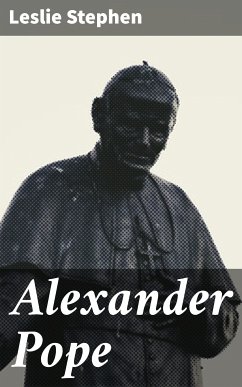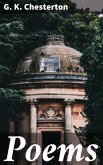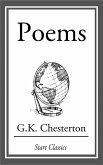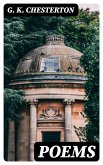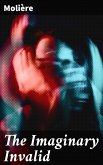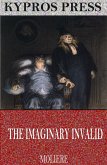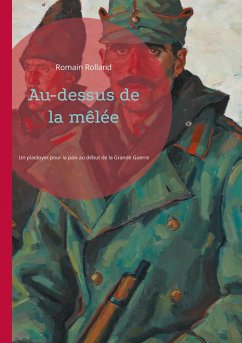In "Alexander Pope," Leslie Stephen provides a comprehensive literary biography that intricately weaves together Pope's life, work, and the tumultuous socio-political landscape of 18th-century England. Stephen's erudition shines through in his analysis, employing a blend of narrative style and critical examination that delves into Pope's poetic techniques, satirical genius, and enduring influence. The book contextualizes Pope's role in the early modern literary canon, highlighting his struggles with fame, personal adversity, and the complexities of Enlightenment thought, thereby offering readers a nuanced understanding of his contributions to English literature. Leslie Stephen, a prominent figure in the Victorian literary scene and the first editor of the Dictionary of National Biography, brings his insightful perspective as both a critic and a biographer. His own experiences as a writer and thinker deeply informed his exploration of Pope's contradictions and accomplishments. Stephen's background in philosophy and literature lends a rich depth to his critique, allowing for a multifaceted portrayal of Pope as not merely an artist but as a reflective voice of his age. This book is essential for anyone seeking to grasp the intricacies of Alexander Pope's life and literary legacy. Stephen's articulate prose and scholarly rigor make this biography a compelling read for both scholars and general readers, illuminating the profound interplay between Pope's work and the historical context in which he created it.
Dieser Download kann aus rechtlichen Gründen nur mit Rechnungsadresse in A, B, BG, CY, CZ, D, DK, EW, E, FIN, F, GR, H, IRL, I, LT, L, LR, M, NL, PL, P, R, S, SLO, SK ausgeliefert werden.

